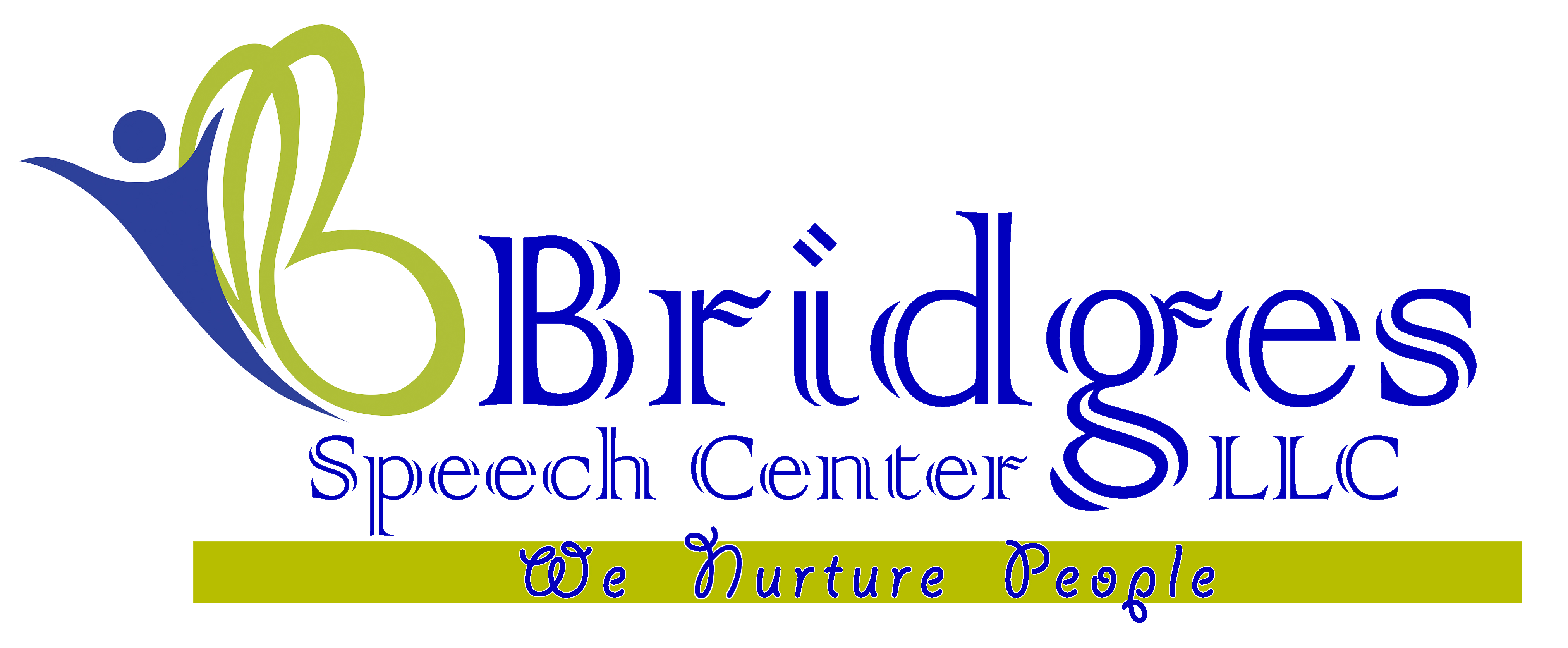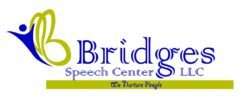- About Us
- Our Services
- Speech Therapy
- Speech and Language Therapies for Adults in Dubai
- Speech and Language Therapies for Children in Dubai
- Accent therapy
- Augmentative Alternative Communication (AAC) Therapy
- Articulation Speech Therapy
- Auditory Processing therapy/ Auditory verbal therapy
- Language Intervention: Speech Delay therapy
- Oral Motor Therapy
- Play Based therapy
- PROMPT/DTTC/RePT for Childhood Apraxia of Speech
- Social communication/Pragmatic language therapy
- Stuttering / Stammering therapy Program
- Spellography Program for Dyslexia
- Voice Therapy
- Feeding Therapy
- Occupational Therapy
- Sensory Integration
- Clinical Psychology & Psychotherapy
- Cognitive Behavioral Therapy(CBT)
- ABA /Behavior Therapy
- Bridge Learning Program
- Group therapy
- Summer/Winter Program
- Telehealth Services
- Training Program/CEU
- Internship/ Observership
- Speech Therapy
- Super Team
- Collaboration
- Training Course
- News/Blogs
- About Us
- Our Services
- Speech Therapy
- Speech and Language Therapies for Adults in Dubai
- Speech and Language Therapies for Children in Dubai
- Accent therapy
- Augmentative Alternative Communication (AAC) Therapy
- Articulation Speech Therapy
- Auditory Processing therapy/ Auditory verbal therapy
- Language Intervention: Speech Delay therapy
- Oral Motor Therapy
- Play Based therapy
- PROMPT/DTTC/RePT for Childhood Apraxia of Speech
- Social communication/Pragmatic language therapy
- Stuttering / Stammering therapy Program
- Spellography Program for Dyslexia
- Voice Therapy
- Feeding Therapy
- Occupational Therapy
- Sensory Integration
- Clinical Psychology & Psychotherapy
- Cognitive Behavioral Therapy(CBT)
- ABA /Behavior Therapy
- Bridge Learning Program
- Group therapy
- Summer/Winter Program
- Telehealth Services
- Training Program/CEU
- Internship/ Observership
- Speech Therapy
- Super Team
- Collaboration
- Training Course
- News/Blogs
Augmentative Alternative Communication (AAC) Therapy Treatment in Dubai
- Home
- Our Services
- Augmentative Alternative Communication (AAC) Therapy
Augmentative and Alternative Communication (AAC) therapy for adults
Augmentative and Alternative Communication (AAC) therapy for adults is a specialized intervention designed to support individuals who have difficulty with verbal communication due to various conditions such as neurological disorders, traumatic brain injuries, stroke, or degenerative diseases. AAC involves using various communication methods, tools, and strategies to help individuals express themselves, participate in conversations, and engage with their environment effectively. AAC therapy is personalized to match each individual’s communication needs, preferences, and abilities. Here’s a detailed look at AAC therapy for adults:
- Assessment: AAC therapy begins with a thorough assessment conducted by a speech-language pathologist (SLP) or an AAC specialist. This assessment evaluates the individual’s communication abilities, challenges, cognitive skills, motor abilities, and sensory preferences.
- Individualized Approach: AAC therapy is highly individualized. The therapy plan is tailored to the individual’s specific communication goals, whether it’s expressing basic needs, engaging in social interactions, or participating in complex conversations.
- Communication Modes: AAC encompasses various modes of communication, including both aided and unaided methods. Aided methods involve tools or devices, while unaided methods rely on gestures, facial expressions, and body language.
- Communication Devices: AAC therapy often involves the use of communication devices such as speech-generating devices, tablets, and smartphones. These devices allow individuals to select symbols or use text-to-speech technology to express themselves.
- Symbol Systems: AAC utilizes symbols, pictures, or icons that represent words, phrases, or concepts. Individuals can select these symbols to convey their messages.
- Vocabulary Selection: Therapy focuses on selecting vocabulary that is relevant and meaningful to the individual’s life, interests, and communication needs.
- Motor Access: For individuals with physical limitations, AAC therapy addresses motor access methods, such as touch screens, switches, or eye gaze systems, to ensure efficient communication.
- Training and Education: AAC therapy teaches individuals how to use their chosen communication tools effectively. This involves learning how to navigate devices, select symbols, and construct messages.
- Language Development: AAC therapy supports language development by helping individuals learn grammatical structures, sentence construction, and vocabulary expansion.
- Functional Communication: The ultimate goal of AAC therapy is to facilitate functional communication. Individuals learn to express their thoughts, emotions, needs, and preferences in various contexts.
- Social Interaction: AAC therapy includes strategies to help individuals engage in social interactions, initiate conversations, and maintain connections with others.
- Environmental Control: AAC can also be used to control aspects of the environment, such as turning on lights or selecting entertainment options.
- Transitioning: For individuals transitioning from verbal communication to AAC, therapy provides support and strategies to make the transition smoother.
- Regular Monitoring: AAC therapy involves ongoing assessment and adjustments as the individual’s communication skills evolve over time.
AAC therapy empowers adults with communication difficulties to express themselves, interact with others, and actively participate in their daily lives. It enhances their quality of life by providing an effective means of communication, reducing frustration, and fostering independence and social engagement.
Make Appointment
Testimonials
What Parents Say
Send us an email if you wish to talk to any of them. For more reviews, please go to Google reviews.

My experience with bridges speech centre has been great. My child is attending OT in the center and we are happy and proud with the progress Mrs. Richa has made. The therapists are very supportive and knowledgable in selecting techniques to suit with our child's requirements . Their monthly review and evaluation is remarkable. I highly recommend bridges speech centre to anyone looking for an affordable and professional therapy for their child....

We were asked to consult a speech therapist for my son. As parents we were quite skeptical about this whole process. However, once my son started attending Dr Rupali’s sessions we noticed a drastic improvement in his speech. He used to speak only a few words but within the 1st four sessions he started speaking up-to 5 words sentences. I also learnt to manage my child’s emotions better with Dr Rupali’s guidance. She is very cooperative and patiently answer all questions.

We took our 21 month old daughter to Bridges speech center following her cleft palate surgery as she needed Speech therapy. Ms.Rupali was recommended to us by both our Pediatrician and ENT specialist. The staff at Bridges are qualified, warm and friendly. My daughter loved to attend the speech therapy sessions. Through various techniques and simulations provided during these sessions, I can see considerable improvement in my daughter's speech. Lastly I would say, no child is same, as parents we need to be patient and trust the process.

Rupali was excellent. In just couple of sessions she helped my child overcome difficulty in pronouncing ch and sh sound. Thanks very much.Highly recommend for children who will need assistance in speech therapy.
Blog & Article
Our Latest Blog & Articles
Are you feeling depressed or anxious?
Are you feeling depressed or anxious? abdulrehman August 16, 2023 Uncategorized Are you...
Sensory Integration
Sensory Integration abdulrehman August 11, 2023 Uncategorized Sensory Integration Sensory integration is a...



